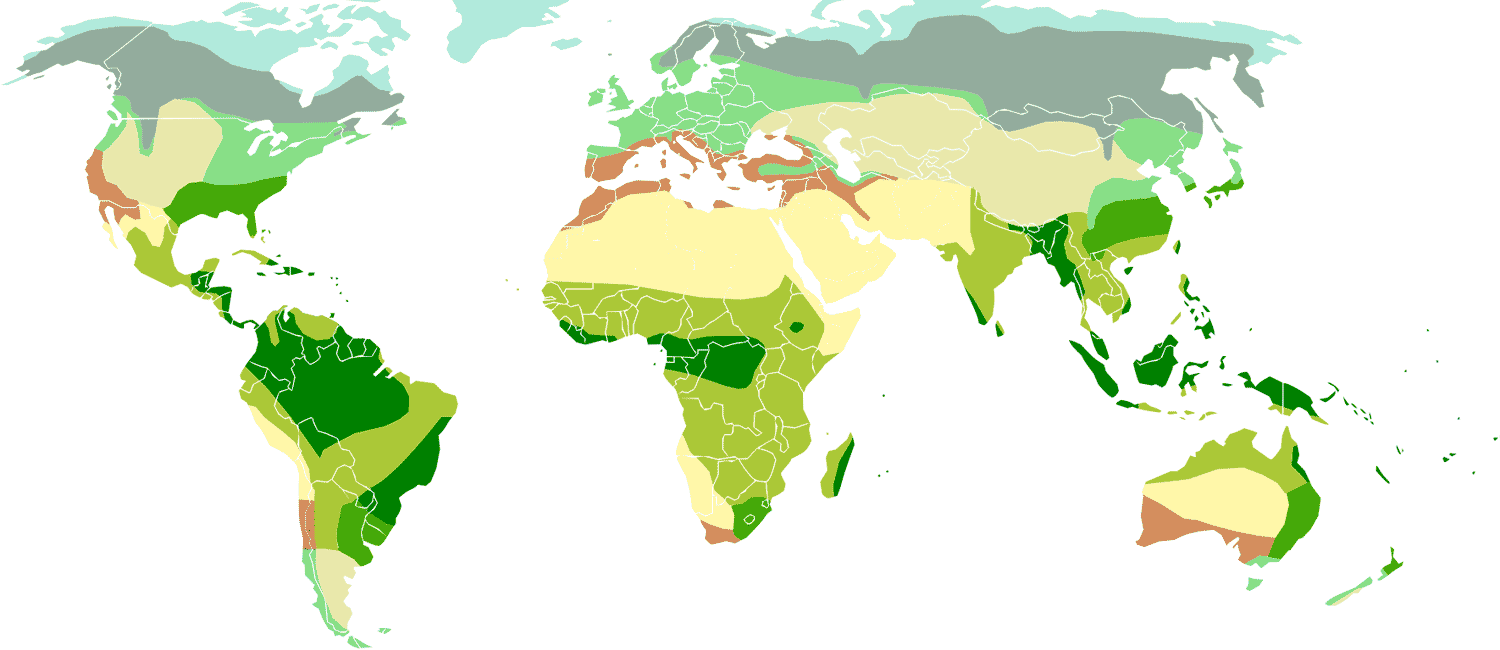Page Content
- Classification
- Region
- Group
- Taxa, synonyms
- Bibliography
- Figures
Apagomerina lepida
Apagomerina lepida is the scientific name of a group -also called lamiines or flat-faced longhorned beetles-
Apagomerina lepida Martins & Galileo, 1996
Martins, U.R. & Galileo, M.H.M. are the authors of the original taxon.
The type specimen used for original description is cited from Rondônia.
Apagomerina lepida Martins & Galileo, 1996 is the full name of the group-species in the taxonomic classification system.
The species is combined with the genus Apagomerina ranked in the tribe Hemilophini.
Classification
| kingdom | |
| Animalia | |
| ~1,200,000 sp. | |
| phylum | |
| Arthropoda | |
| ~1,000,000 sp. | |
| class | |
| Insecta | |
| ~830,000 sp. | |
| order | |
| Coleoptera | |
| ~350,000 sp. | |
| family | |
| Cerambycidae | |
| ~35,000 sp. | |
| subfamily | |
| Lamiinae | |
| 22,046 sp/ssp. | |
| tribe | |
| Hemilophini | |
| 581 sp/ssp. | |
| genus | |
| Apagomerina | |
| 17 sp. | |
| species | |
| lepida | |
Region
World [1]

Distribution for Apagomerina lepida
Group
lepida [1]
Subgroup of
Taxa, synonyms
1 taxon refers to Apagomerina lepida
-
Apagomerina lepida Martins & Galileo, 1996 [ type locality : Brasil, Rondônia, Vilhena ]
Bibliography
Some citations found in the bibliography excluding lists and catalogs except with nomenclatural act or image or data
-
Apagomerina lepida Martins & Galileo • Revta. Bras. Ent. • 1996 • 40 (1) : 22, 24 [ nov loc ill div ]details
Apagomerina lepida Martins & Galileo • Revta. Bras. Ent. • 1996 • 40 (1) : 22, 24
General information
- description ; distinctive characters
- black and white drawing, part ; black and white photo, holotype, ♂
- new taxon/name
Distribution
- [locality type] Brasil, Rondônia : Vilhena
-
Apagomerina lepida ; Martins & Galileo • Cer. S. Amer. (Col.) Taxon. • 2014 • 13 : 128, 137 [ ill div ]
Figures
Some references with images to see in bibliography
- Holotype ♂ of Apagomerina lepida Martins & Galileo, 1996 • see Martins & Galileo, 1996
- Holotype of Apagomerina lepida Martins & Galileo, 1996 • see Martins & Galileo, 2014